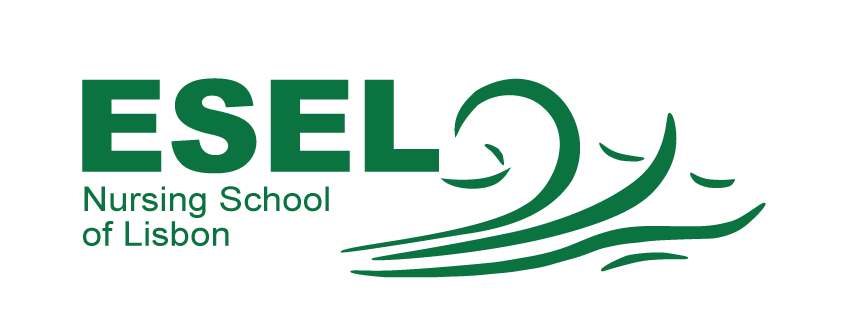Nursing School of Lisbon leads the Work Package 3.

Nursing School of Lisbon (ESEL – Escola Superior de Enfermagem de Lisboa) is a public higher education institution, with full autonomy. ESEL’s key references concerning the educational project are flexibility and compatibility between courses and degrees within the European Higher Education area, mobility of teachers and students and employability of the graduates within the principles of the Bologna Declaration, and a strong cultural community-driven and volunteer activity. ESEL has a national and international reputation in nursing education and scientific quality. ESEL’s mission is the knowledge development in nursing science innovation. ESEL has partnerships with several European institutions of higher education from twelve different countries and also partnerships with universities from the Portuguese Speakers Countries Community (CPLP) as Cabo Verde (Africa) and Brazil (South America). ESEL Educational Project: It is around 2300 students with nursing degrees, post-graduate, and master’s degrees and since 2004 in partnership with the University of Lisbon for a program of Doctoral Studies in Nursing. The Nursing Research, Innovation and Development Centre of Lisbon (CIDNUR) is the research unit of the Lisbon Nursing School (ESEL), whose mission is to develop nursing fundamental, applied and experimental research in line with the Sustainable Development Goals and the principles of Open Science. CIDNUR integrates international research and higher education health networks, such as the European Academy of Nursing Science and the Consortium of Institutes of Higher Education in Health and Rehabilitation in Europe. It has a high-level body of researchers on nursing and health, with emphasis on the fields of public health, community nursing, health literacy, complex interventions, ageing, neonatology, mental health, chronic illness self-management, digital interventions, and transitional nursing care.
ESEL has a Maternal Health and Sexual Reproductive Health Department and a Community Nursing Department. The department professors teach the nursing degree and master’s courses the contents of Sexual Health and education and the issue of vulnerability and social inclusion needs has become increasingly relevant due to the increasing numbers of immigrants from many different countries observed in Portuguese society in recent decades. The teacher’s expertise is due to her focus on research and teaching on these topics and their connection to clinical practice, where there are several concerns due sexual and reproductive health of the immigrant population (accessibility and maintenance of health care), and its an increasing topic in the Portuguese scientific community and society in general. ESEL promoted two courses in female genital mutilation, a phenomenon that exists in Portugal, practised in some communities of Africans from Portuguese ex-colonies.
In the ICEX project, ESEL is the leader in the development, piloting and evaluation of the ICEX educational package for migrants’ sexual health education (WP3).
The ESEL team:
Maria Teresa Santana Félix (ESEL’s team lead and scientific coordinator) is a Senior Lecturer in Maternal Health and Obstetrics (Midwifery). Her main teaching areas are sexual and reproductive health, breastfeeding, breast pathologies related to lactation, midwifery, research methodology, and supervising. She is a researcher at the Nursing Research, Innovation and Development Centre of Lisbon (CIDNUR) and the Center for Interdisciplinary Research in Health (CIIS) as part of the Institute of Health Sciences (ICS) in Universidade Católica Portuguesa (Portuguese Catholic University). She has been involved in projects around midwifery education and breastfeeding with migrants. She is involved in different international and national projects.
Maria Madalena da Silva Ferreira Salgado de Oliveira is a Senior Lecturer in Maternal Health and Obstetrics (Midwifery). Her main teaching areas are sexual and reproductive health, gender issues midwifery and research methodology as well as theses supervising. She is a researcher at the Nursing Research, Innovation and Development Centre of Lisbon (CIDNUR) and till 2020 at the Research Unit of ESEL (UI&DE) and has been involved in projects in sex education, gender and emotions. She is involved in different international and national projects.
Cláudia Bacatum is a Senior Lecturer in the Community Nursing Department. Her main teaching areas are school health promotion and health literacy among vulnerable populations such as migrants and refugee populations. She is a researcher in the Nursing Research, Innovation and Development Centre of Lisbon (CIDNUR) and in the research group of the School for Health in Europe (SHE). She is involved, as a researcher, in several projects in sexual education in school settings.
